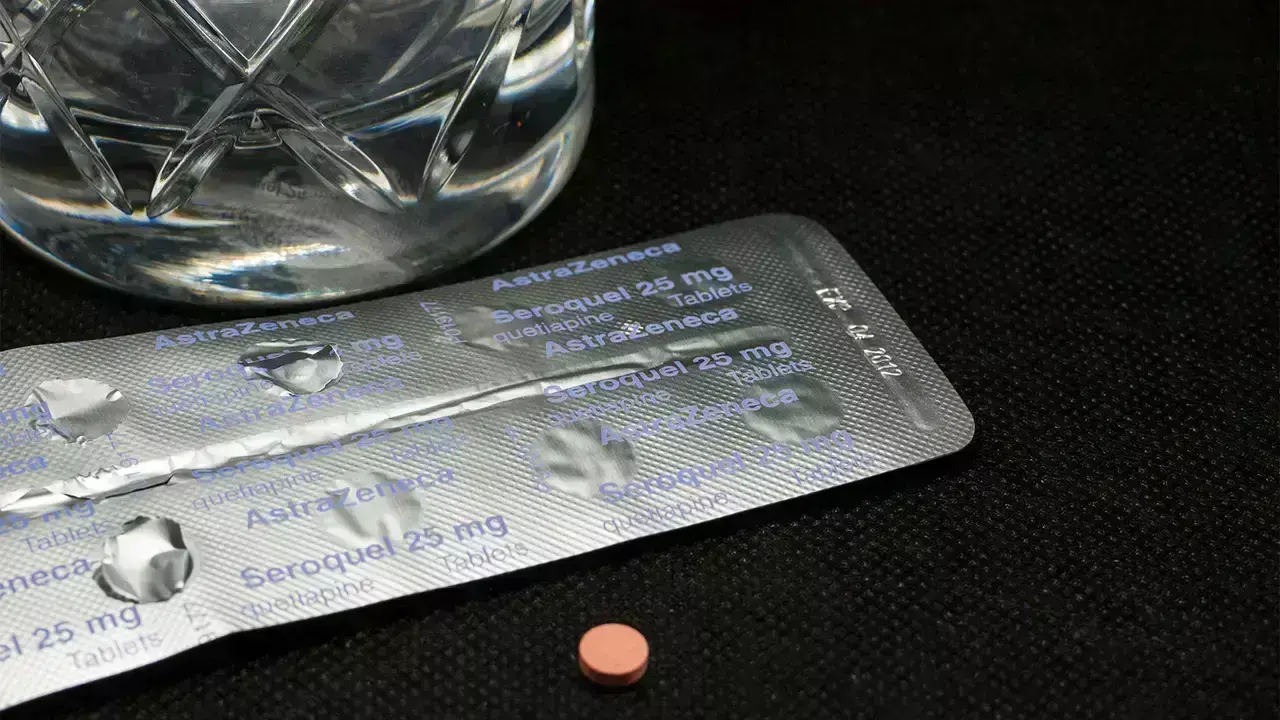- Home
- Medical news & Guidelines
- Anesthesiology
- Cardiology and CTVS
- Critical Care
- Dentistry
- Dermatology
- Diabetes and Endocrinology
- ENT
- Gastroenterology
- Medicine
- Nephrology
- Neurology
- Obstretics-Gynaecology
- Oncology
- Ophthalmology
- Orthopaedics
- Pediatrics-Neonatology
- Psychiatry
- Pulmonology
- Radiology
- Surgery
- Urology
- Laboratory Medicine
- Diet
- Nursing
- Paramedical
- Physiotherapy
- Health news
- Fact Check
- Bone Health Fact Check
- Brain Health Fact Check
- Cancer Related Fact Check
- Child Care Fact Check
- Dental and oral health fact check
- Diabetes and metabolic health fact check
- Diet and Nutrition Fact Check
- Eye and ENT Care Fact Check
- Fitness fact check
- Gut health fact check
- Heart health fact check
- Kidney health fact check
- Medical education fact check
- Men's health fact check
- Respiratory fact check
- Skin and hair care fact check
- Vaccine and Immunization fact check
- Women's health fact check
- AYUSH
- State News
- Andaman and Nicobar Islands
- Andhra Pradesh
- Arunachal Pradesh
- Assam
- Bihar
- Chandigarh
- Chattisgarh
- Dadra and Nagar Haveli
- Daman and Diu
- Delhi
- Goa
- Gujarat
- Haryana
- Himachal Pradesh
- Jammu & Kashmir
- Jharkhand
- Karnataka
- Kerala
- Ladakh
- Lakshadweep
- Madhya Pradesh
- Maharashtra
- Manipur
- Meghalaya
- Mizoram
- Nagaland
- Odisha
- Puducherry
- Punjab
- Rajasthan
- Sikkim
- Tamil Nadu
- Telangana
- Tripura
- Uttar Pradesh
- Uttrakhand
- West Bengal
- Medical Education
- Industry
Quetiapine bests Lithium for Treatment-Resistant Depression, finds research

Researchers have found in a new pragmatic clinical trial that quetiapine was more effective than lithium for augmenting treatment-resistant depression. Quetiapine also led to greater improvements in quality-adjusted life years and was likely more cost-effective. The study highlighted the importance of predicting patient tolerance and response to augmentation strategies.
Lithium and quetiapine are first-line augmentation options for treatment-resistant depression; however, few studies have compared them directly, and none for longer than 8 weeks. We aimed to assess whether quetiapine augmentation therapy is more clinically effective and cost-effective than lithium for patients with treatment-resistant depression over 12 months.
They did this pragmatic, open-label, parallel-group, randomised controlled superiority trial at six National Health Service trusts in England. Eligible participants were adults (aged ≥18 years) with a current episode of major depressive disorder meeting DSM-5 criteria, with a score of 14 or higher on the 17-item Hamilton Depression Rating Scale at screening who had responded inadequately to two or more therapeutic antidepressant trials. Exclusion criteria included having a diagnosis of bipolar disorder or current psychosis. Participants were randomly assigned (1:1) to the decision to prescribe lithium or quetiapine, stratified by site, depression severity, and treatment resistance, using block randomisation with randomly varying block sizes.
After randomisation, pre-prescribing safety checks were undertaken as per standard care before proceeding to trial medication initiation. The coprimary outcomes were depressive symptom severity over 12 months, measured weekly using the Quick Inventory of Depressive Symptomatology, and time to all-cause treatment discontinuation. Economic analyses compared the cost-effectiveness of the two treatments from both an NHS and personal social services perspective, and a societal perspective. Primary analyses were done in the intention-to-treat population, which included all randomly assigned participants.
People with lived experience were involved in the trial. Findings: Between Dec 5, 2016, and July 26, 2021, 212 participants (97 [46%] male gender and 115 [54%] female gender) were randomly assigned to the decision to prescribe quetiapine (n=107) or lithium (n=105). The mean age of participants was 42·4 years (SD 14·0 years) and 188 (89%) of 212 participants were White, seven (3%) were of mixed ethnicity, nine (4%) participants were Asian, four (2%) were Black, three (1%) were of Other ethnicity, and ethnicity was not recorded for one (1%) participant. Participants in the quetiapine group had a significantly lower overall burden of depressive symptom severity than participants in the lithium group (area under the between-group differences curve –68·36 [95% CI –129·95 to –6·76; p=0·0296).
Time to discontinuation did not significantly differ between the two groups. Quetiapine was more cost-effective than lithium. 32 serious adverse events were recorded in 18 participants, one of which was deemed possibly related to the trial medication in a female participant in the lithium group. The most common serious adverse event was overdose, occurring in three (3%) of 107 participants in the quetiapine group (seven events) and three (3%) of 105 participants in the lithium group (five events). Results of the trial suggest that quetiapine is more clinically effective than lithium as a first-line augmentation option for reducing symptoms of depression in the long-term management of treatment-resistant depression, and is probably more cost-effective than lithium.
Reference:
Clinical and cost-effectiveness of lithium versus quetiapine augmentation for treatment-resistant depression: a pragmatic, open-label, parallel-group, randomised controlled superiority trial in the UK. Cleare, Anthony JRucker, James et al. The Lancet Psychiatry, Volume 12, Issue 4, 276 - 288
Dr. Shravani Dali has completed her BDS from Pravara institute of medical sciences, loni. Following which she extensively worked in the healthcare sector for 2+ years. She has been actively involved in writing blogs in field of health and wellness. Currently she is pursuing her Masters of public health-health administration from Tata institute of social sciences. She can be contacted at editorial@medicaldialogues.in.
Dr Kamal Kant Kohli-MBBS, DTCD- a chest specialist with more than 30 years of practice and a flair for writing clinical articles, Dr Kamal Kant Kohli joined Medical Dialogues as a Chief Editor of Medical News. Besides writing articles, as an editor, he proofreads and verifies all the medical content published on Medical Dialogues including those coming from journals, studies,medical conferences,guidelines etc. Email: drkohli@medicaldialogues.in. Contact no. 011-43720751


